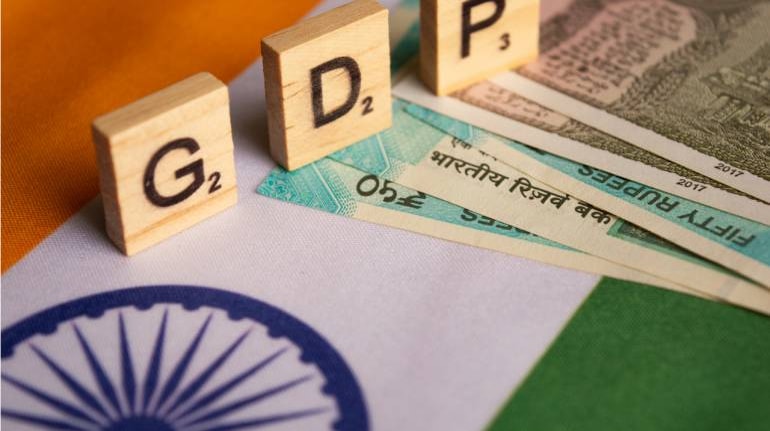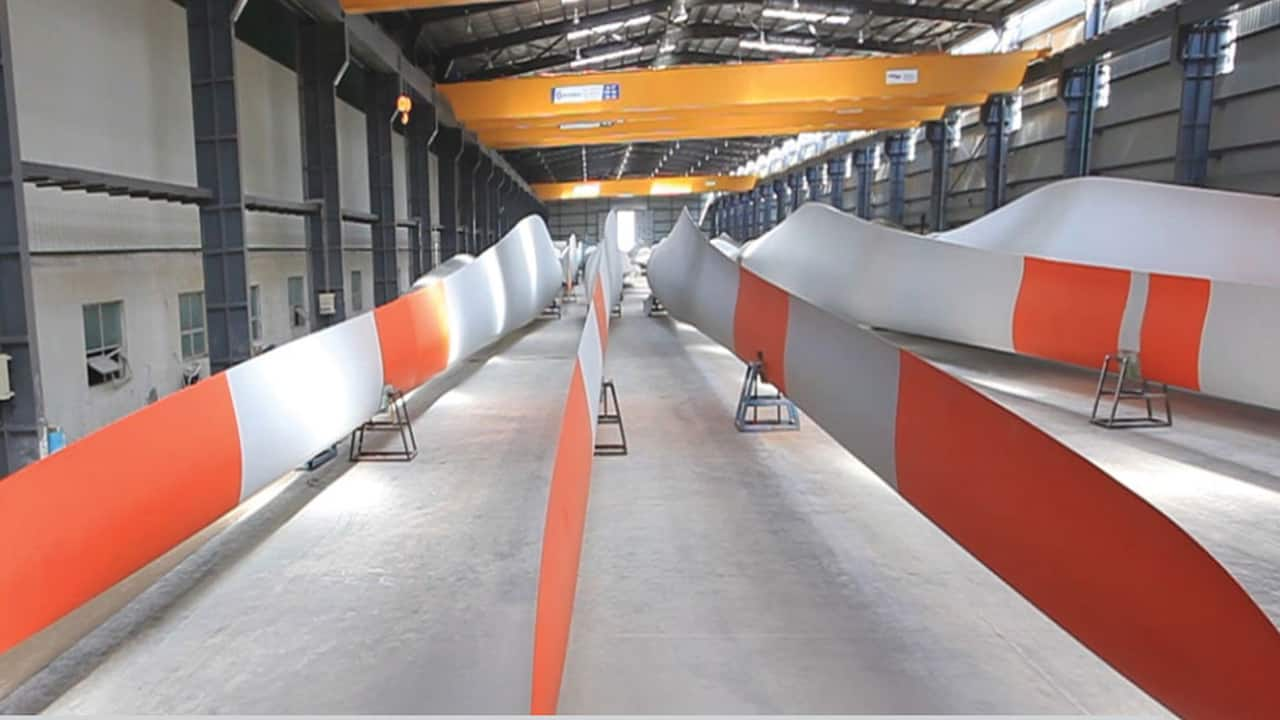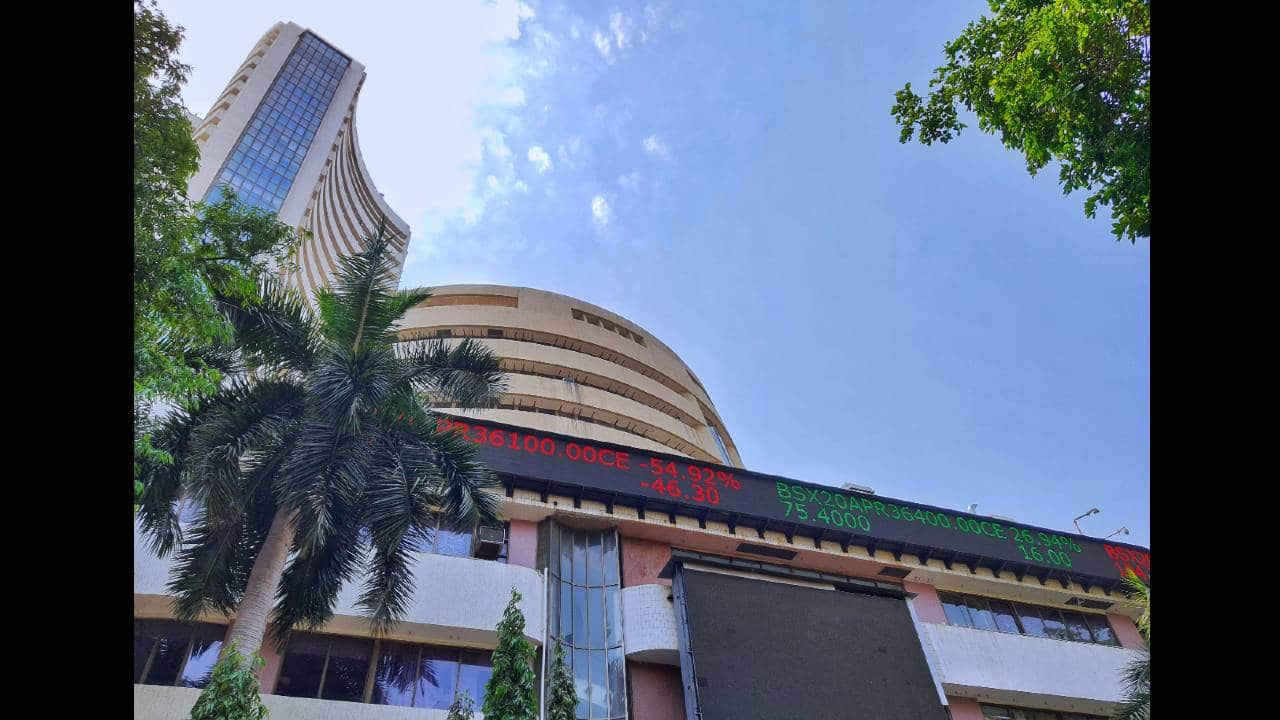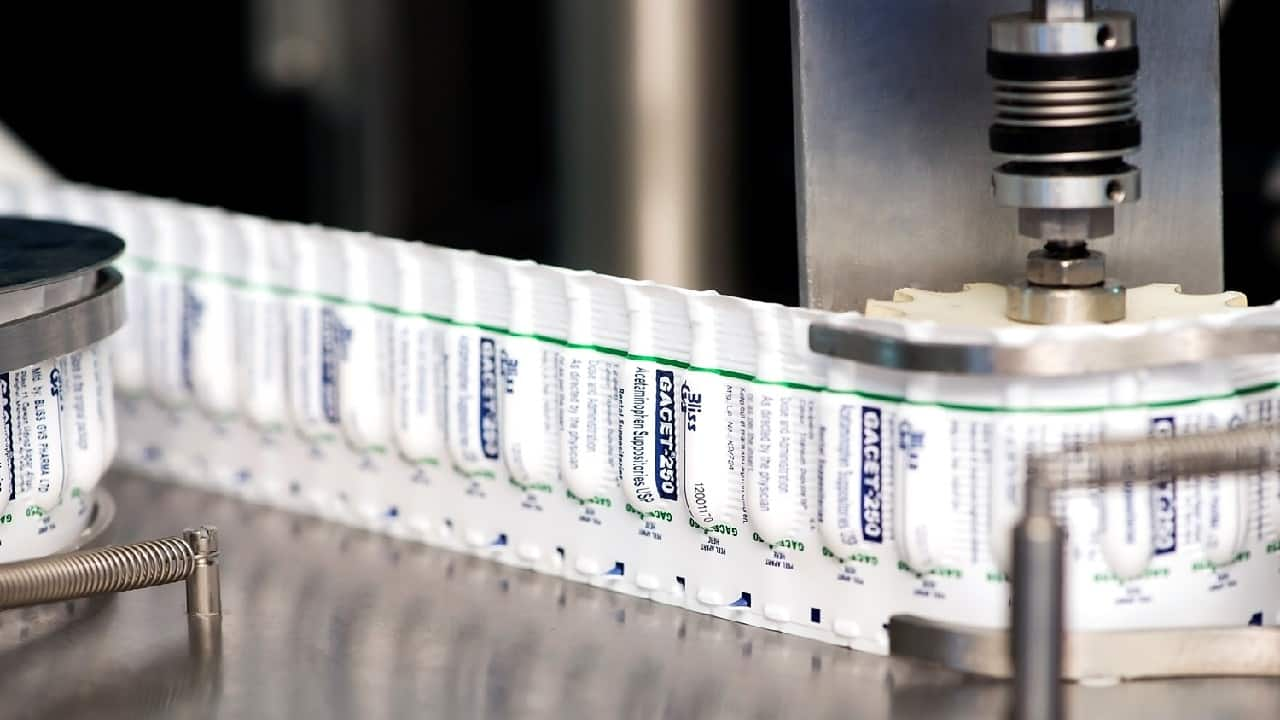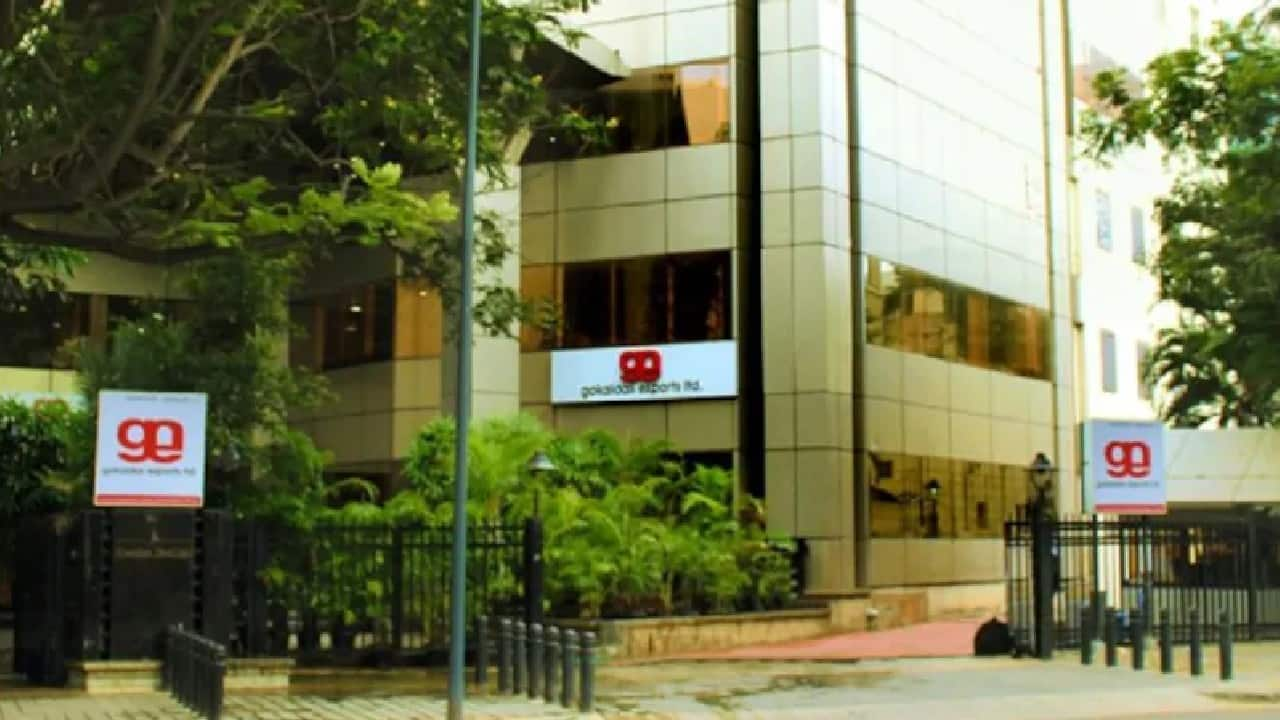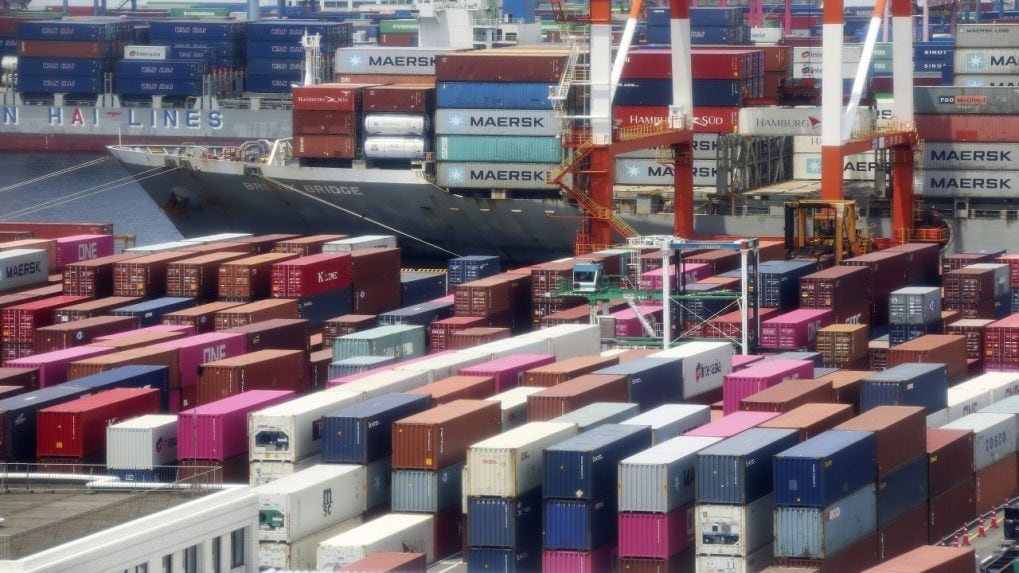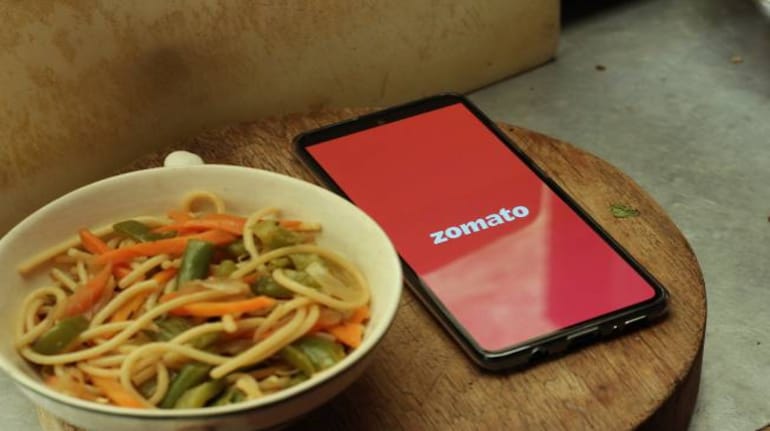
Representative image.
India's dominant food tech platforms Zomato and Swiggy slugged it out on New Year's Eve, clocking record numbers, as many decided to party indoors and order food online amidst the Omicron scare. For the second year in a row, both platforms saw overwhelming demand online, beating their own previous records.
While Zomato touched a high of 7,100 orders per minute, Swiggy crossed the 9,000 orders per minute mark as of 8:20 pm on December 31, 2021. Both platforms typically clock over 1.5 million orders a day. While Zomato's previous record was over 4,000 orders per minute, Swiggy clocked over 5,000 orders per minute last New Year's Eve. Both platforms clocked over 2 million orders each, compared to the 1.3-1.5 million they usually clock in a day9049. not the first 4 digits of my number. the current food orders per minute. https://t.co/Hy93tNVOnH
— Swiggy (@swiggy_in) December 31, 2021
The frenetic pace of online orders tested the UPI digital payment infrastructure, with many users complaining of failed payments. Zomato founder and CEO Deepinder Goyal said the UPI success rate was drastically down across all apps, at 40% from 70%.7,100 OPM https://t.co/qj5F69ufxs
— Deepinder Goyal (@deepigoyal) December 31, 2021
UPI success rate is drastically down across all UPI apps (40% success rate right now, down from 70%+). Will affect OPM negatively.
— Deepinder Goyal (@deepigoyal) December 31, 2021
Swiggy's orders per minute number exclude its instant grocery service Instamart, which also witnessed huge traction like Zomato-backed Blinkit which saw huge demand for nachos, sodas, ice packs, lemons, popcorn, and condoms.
in the 30 minutes our team spent on brainstorming for a new tweet idea, 12,930 orders were placed on @SwiggyInstamart!
— Swiggy (@swiggy_in) December 31, 2021
– 130,154 liters of Soda
– 11,943 ice packs (hope no one is getting injured, and this is just for drinks)
– 4,884 jars of dips to go with nachos and chips
– 6,712 tubs of ice creams
– 28,240 packs of instant popcorn (this is what we do usually in 2 weeks time at @letsblinkit )
— Deepinder Goyal (@deepigoyal) December 31, 2021
While Zomato and Swiggy are fierce rivals, there was friendly banter on Twitter between Goyal and Swiggy founder and CEO Sriharsha Majety. The latter is less active on social media compared to the former.On popular demand, here are the numbers for condoms –
33,440 condoms were ordered on @letsblinkit today. Someone ordered 80 condoms in one go. Durex seems to be India's choice when it comes to safety. #PopulationControl
— Deepinder Goyal (@deepigoyal) December 31, 2021
Planning on getting out of my comfort zone ( my Twitter cave ) too today to share NYE tidbits on Swiggy :D https://t.co/iOPI2yZ5rK pic.twitter.com/1bS2wimSdC
— Sriharsha Majety (@harshamjty) December 31, 2021
— Sriharsha Majety (@harshamjty) December 31, 2021While Goyal gave high-frequency numbers on orders per minute, live orders and the kind of items seeing traction, Majety also gave context on Swiggy's growth numbers compared to what it was in 2014, when it launched.
On Swiggy’s first NYE in 2014 as a 3-month-old food delivery platform, we did 1 order every 3 minutes. How times have changed. Love India’s hunger for more https://t.co/Isg1ORqqcO
— Sriharsha Majety (@harshamjty) December 31, 2021
While the final data clocked by both platforms is expected closer to midnight, both platforms are likely to enter January with healthy user numbers. It has also been a significant year for both companies, with Zomato getting listed on the public markets and Swiggy doubling down on its grocery service Instamart, even as it is in talks with investors to raise funds at a valuation of $10 Billion.Over 1.1L users on the app at the moment ordering food and groceries right now! And this was me in 2015 sharing my referral code to get some new users https://t.co/BC48jfC3OH
— Sriharsha Majety (@harshamjty) December 31, 2021
Swiggy clocks over 9,000 orders per minute, Zomato crosses 7,000 orders per minute on New Year's Eve - Moneycontrol.com
Read More









